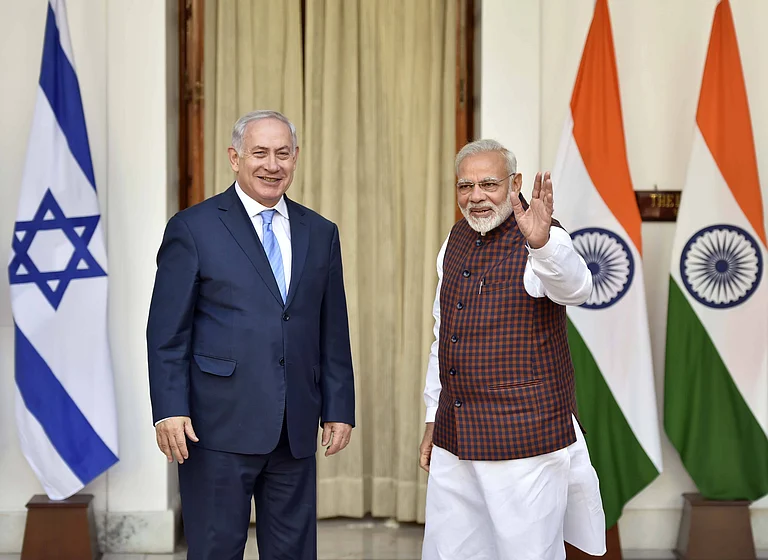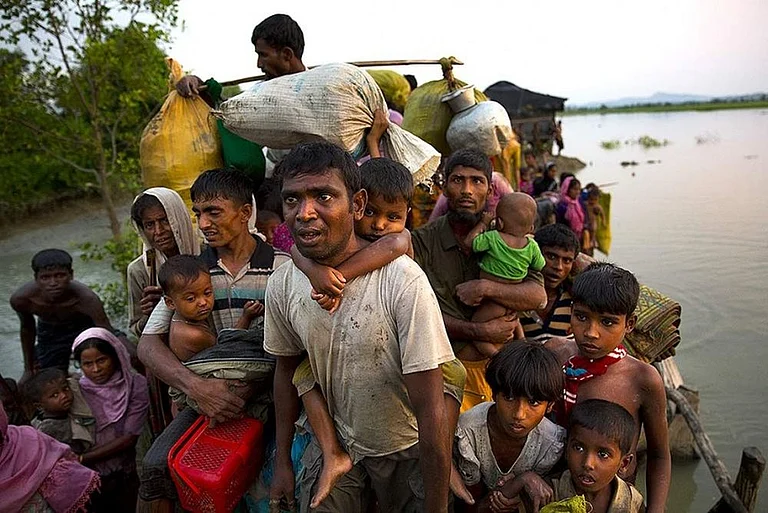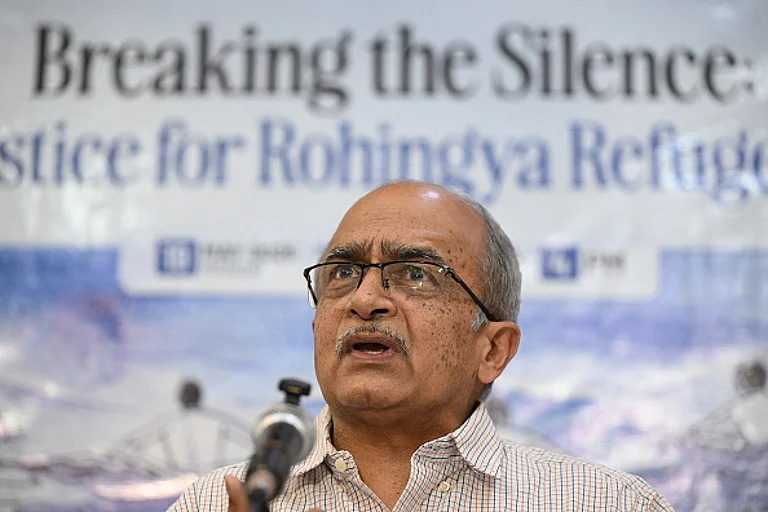
India has strongly dismissed “baseless and biased” remarks by UN Special Rapporteur Thomas Andrews, who alleged that Myanmar refugees in India were “under severe pressure” after the April 2025 Pahalgam terror attack.
Saikia urged the UN expert not to rely on “unverified and skewed media reports,” stressing that India remains committed to peace in Myanmar through “a Myanmar-owned and Myanmar-led path toward democracy.”
India highlighted its humanitarian aid to Myanmar, including ‘Operation Brahma’ after the March 2025 earthquake, while rejecting allegations of mistreatment or deportation of Rohingya refugees.
India has strongly rejected "baseless observations" made by a UN expert on Myanmar, who claimed that refugees from the Southeast Asian nation were "under severe pressure" following the Pahalgam terror attack. Delhi denounced the remarks as a "prejudiced and blinkered" analysis.
"I express serious objection to the baseless and biased observations in the report regarding my country. I strongly denounce the biased approach adopted by the Special Rapporteur of the innocent civilian victims of the April 2025 terrorist attack in Pahalgam through a biased communal lens," Member of Parliament Dilip Saikia said on Tuesday.
Saikia delivered India’s statement on the situation of human rights in Myanmar during the interactive dialogue at the Third Committee of the UN General Assembly.
India categorically rejected the observations made by United Nations Special Rapporteur on Human Rights in Myanmar, Thomas Andrews, in his report on the situation of human rights in the country.
Referring to the April 22 Pahalgam terror attack, the report by Andrews stated that “following the April 2025 terrorist attack on Hindu tourists in Jammu and Kashmir, refugees from Myanmar have been under severe pressure in India even though no individuals from Myanmar were involved in the attack.” It further said, “Refugees in India told the Special Rapporteur that they have been summoned, detained, interrogated, and threatened with deportation by Indian authorities in recent months."
Rejecting these claims, Saikia said the allegation that the Pahalgam terrorist attack "impacted displaced persons from Myanmar has absolutely no factual bearing." "My country rejects such prejudiced and blinkered ‘analysis’ by the Special Rapporteur," he added.
Saikia also cautioned that India is “seeing an alarming level of radicalisation among the displaced persons, leading to consequential pressure and impact on the law-and-order situation."
"I would also urge the SR (Special Rapporteur) not to depend upon unverified and skewed media reports whose sole purpose appears to be maligning my country where people of all faiths live, including more than 200 million Muslims, which is about 10 per cent of the world’s Muslim population," Saikia said.
Reaffirming India’s commitment to peace and stability in Myanmar, Saikia said the country continues to support "all initiatives aimed at fostering trust and advancing a Myanmar-owned and Myanmar-led path toward peace, stability, and democracy."
"We reiterate our consistent position calling for an immediate cessation of violence, release of political prisoners, unhindered delivery of humanitarian assistance, and inclusive political dialogue.
"We firmly believe that sustainable peace can only be secured through inclusive political dialogue and the early restoration of democratic processes through credible and participatory elections," he said.
Saikia underlined that the "deteriorating" security and humanitarian conditions in Myanmar remain a deep concern for India due to their cross-border implications, including drug, arms, and human trafficking.
He emphasised that India has consistently followed a people-centric approach in its engagement with Myanmar. Following the March 2025 earthquake, India launched ‘Operation Brahma’, dispatching over 1,000 metric tonnes of relief materials and deploying medical teams as first responders. This built on earlier humanitarian efforts such as Operation Sadbhav during Typhoon Yagi in 2024 and assistance provided during previous natural disasters.
The Special Rapporteur’s report also noted that in early May 2025, around 40 Rohingya refugees, including women and children, were detained in Delhi and transferred to the Andaman and Nicobar Islands via military aircraft before being moved onto an Indian Navy vessel. It added that Indian authorities deported additional Rohingya refugees to Bangladesh in May.
"The Special Rapporteur has written to the Indian government concerning these deportations and met with government officials who pledged to report back after investigating these events. The Special Rapporteur continues to wait for this report," the document said.
(with inputs from PTI)





























